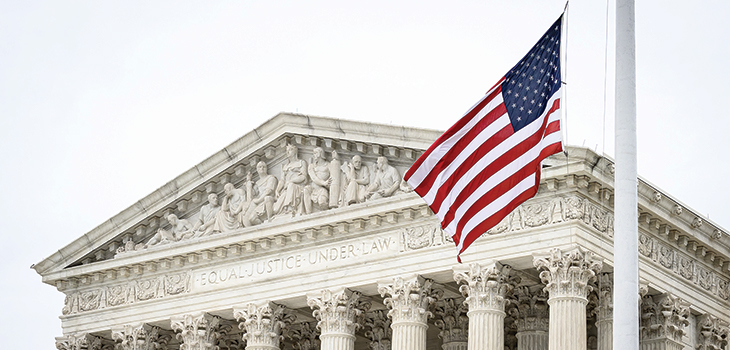
- Torres v Madrid: the facts; the legal issue; the authorities.
One of the means by which the success of a US presidency is sometimes determined is by having regard to the number of presidential nominees who have been installed in the Supreme Court during a president’s four-year tenure. Using this measure, Donald Trump’s presidency was a success in that three appointments to the highest court were secured, whereas Jimmy Carter’s presidency was a failure in that no new justices were appointed between 1977-1981.
However, given that justices are appointed for life, opportunities to appoint new members simply may not arise during a presidency so long as the incumbents remain fit and healthy and have no intention to retire. At the time of writing, six of the justices have been appointed under a Republican presidency and only three under a Democrat presidency. This imbalance is of course important given the nature







.tmb-mov69x69.jpg?sfvrsn=3d1684d4_1)

